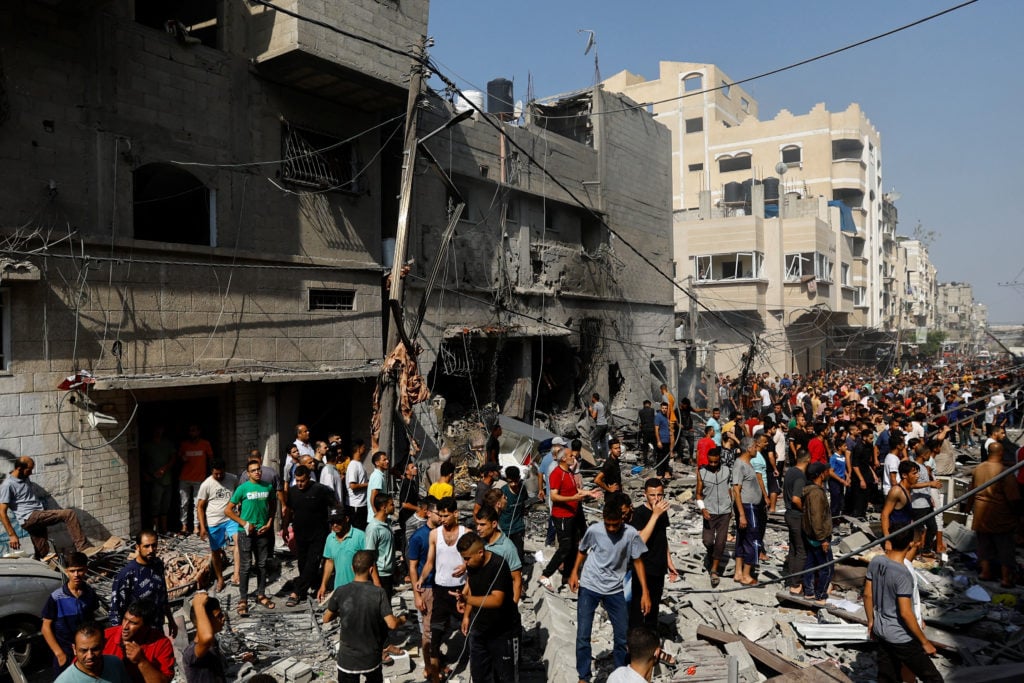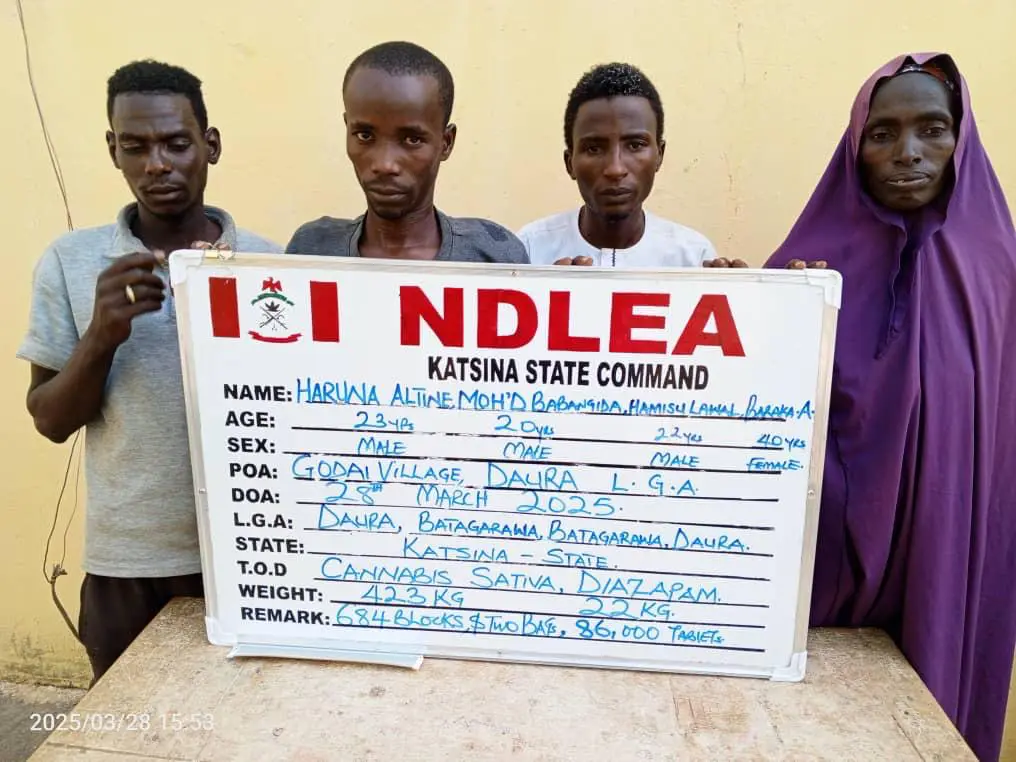Renewed Hostilities Raise Humanitarian Concerns as Gaza Faces More Airstrikes
Published on March 24, 2025
By Matthew Atungwu
The Israeli-Palestinian conflict has escalated once again, as an Israeli airstrike on Nasser Hospital in Khan Younis, Gaza, on Sunday claimed the lives of at least five people, including smail BarhoumI, a senior Hamas leader. The attack, which Israel says was a targeted military operation, has sparked international outrage, with many questioning the legality and morality of bombing a hospital.
What Happened: A Strike on a Medical Facility
The Gaza Health Ministry reported that the airstrike directly hit the surgery department of Nasser Hospital, a critical medical center in southern Gaza that has been struggling to provide care amid ongoing violence. Doctors and medical staff were left scrambling to evacuate patients and treat the wounded.
“We heard a deafening explosion, and suddenly, the entire building shook. Smoke filled the air, and people were screaming,” said a hospital worker who survived the attack.
According to local authorities, at least five people were killed, while several others sustained serious injuries.
Israel’s Justification: A ‘Necessary and Precise’ Operation
The Israeli military quickly took responsibility for the attack, stating that it was carried out with precision munitions following extensive intelligence gathering.
“This strike was necessary to eliminate a key Hamas terrorist responsible for orchestrating attacks against Israel,” an Israeli military spokesperson said.
Although the military did not initially name the target, Israeli Defense Minister Israel Katz later confirmed that the operation was aimed at Ismail Barhoum, a high-ranking Hamas official.
Despite Israel’s claims that civilian harm was minimized, human rights groups and Palestinian officials have disputed this narrative, calling the attack a blatant war crime.
Who Was Ismail Barhoum?
Ismail Barhoum was a longtime member of Hamas’ political bureau and played a significant role in the group’s leadership. He was known for his involvement in Hamas’ diplomatic and military strategies, maintaining ties with regional allies and coordinating responses to Israeli military actions.
His death marks another high-profile assassination by Israel, which has intensified its targeted strikes on Hamas leaders in recent months.
The Ceasefire is Over: A New Wave of Violence
The latest attack comes amid a fresh escalation in the Israeli-Palestinian conflict, following two months of relative calm. Last Tuesday, Israel effectively abandoned ceasefire talks, launching a new military offensive in Gaza that includes:
✅ Intensified airstrikes on Hamas-controlled areas
✅ Ground incursions in Khan Younis and Rafah
✅ Heavy clashes along the Gaza-Israel border
Civilians Bear the Brunt of the War
With airstrikes becoming more frequent and intense, thousands of Palestinian civilians are once again fleeing their homes, seeking shelter in already overcrowded refugee camps. Many families have no access to clean water, food, or medical care, worsening the ongoing humanitarian crisis.
The World Health Organization (WHO) has warned that Gaza’s healthcare system is on the brink of total collapse, with hospitals struggling to function due to supply shortages and continuous bombings.
“Targeting hospitals is unacceptable. These facilities must remain protected spaces where civilians receive treatment,” said a spokesperson for Doctors Without Borders.
International Reaction: Outrage and Condemnation
The airstrike on a medical facility has drawn sharp condemnation from several international bodies:
-
The United Nations has called for an independent investigation, stating that targeting hospitals violates international law.
-
The European Union has expressed deep concern over the attack, urging both parties to de-escalate tensions.
-
Arab League nations have denounced Israel’s actions, warning that continued aggression could spark wider regional instability.
What Happens Next?
As violence continues to spiral, diplomatic efforts to restore calm appear fragile at best. With Israel vowing to intensify military operations and Hamas promising retaliation, Gaza remains at the center of a deepening crisis.
Read also: “Israel Approves Independence for 13 West Bank Settlements, Sparking International Criticism”
The Big Question: Is Peace Still Possible?
With each new strike, the possibility of peace feels more distant. The latest escalation raises critical questions:
-
Will international intervention push for a renewed ceasefire?
-
Can humanitarian efforts reach those in need before the crisis worsens?
-
How will Hamas respond to the killing of another senior leader?
For now, the people of Gaza continue to pay the price, caught in an endless cycle of violence with no clear end in sight.
















Got a Questions?
Find us on Socials or Contact us and we’ll get back to you as soon as possible.